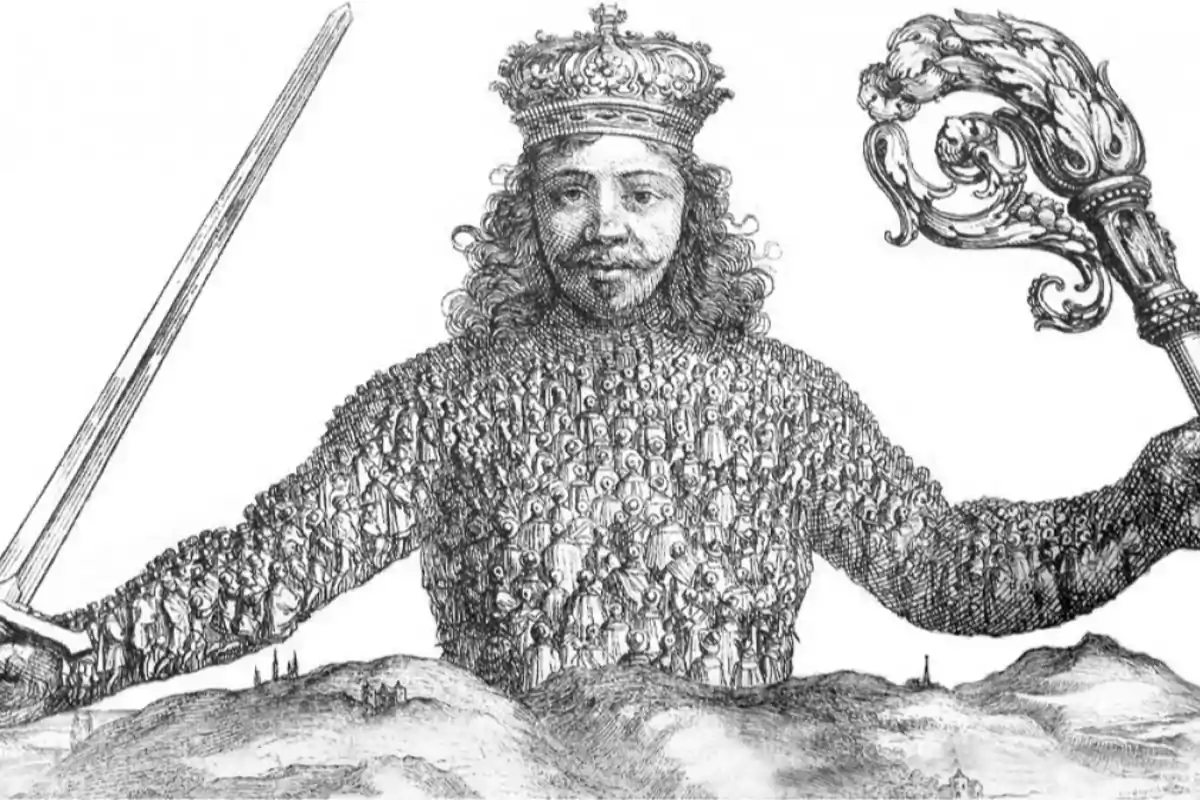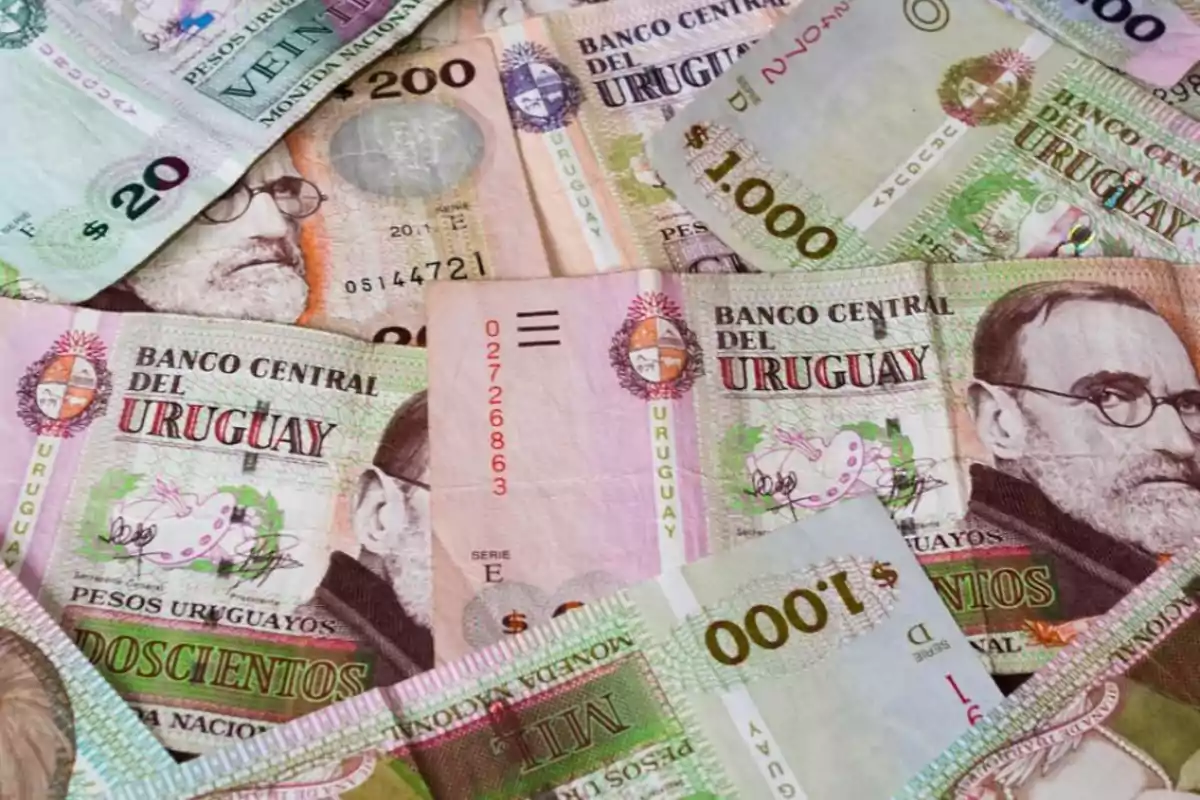
The State is not Santa Claus: why it shouldn't finance identities, sports, or culture
The logic of the welfare state, of the social democratic model, only serves those who achieve political connection
In Uruguay, it has become customary for the State to finance everything that generates political noise or media pressure. Sports, culture, gender identity: everything ends up being justified as "public policy" under the excuse of inclusion, development, or social sensitivity. But in the name of these supposedly noble ends, the State continues to expand its role beyond what is reasonable, squandering others' resources and reinforcing a childish idea: that the taxpayer is there to pay while others live off the system.
You might also be interested in: Casmu is saved
A particularly relevant case is that of people with gender dysphoria, in which the State assumes an active role as a financier of specific policies directed at certain groups for political interest, which results in the generation of privileges funded with public resources. The allocation of subsidies, quotas, or special programs to certain groups can lead to a dynamic of inequality caused by state power, sold under the guise of justice. True equity lies in equality before the law, which is not achieved through the distribution of resources based on identity criteria but through the creation of an impartial legal framework.
Uruguay needs change: also in security
The same occurs with professional sports. That an athlete wins titles excites many, but that doesn't justify the State financing federations, works, trips, or high-performance centers with public funds. Why should the stocker or the neighborhood grocer pay for an athlete's gym? Sports, like any voluntary activity, should be sustained with private contributions, sponsorships, clubs, and —ultimately— with the personal effort of those who practice it.
Culture, that sacred ground that no one dares to question, has been turned into a clientelist machine disguised as art. Subsidies for works that no one sees, festivals with more organizers than audience, and eternal scholarships for personal projects that contribute little to society. Culture flourishes with freedom, not with State checks. When art depends on political power, it becomes propaganda.
You might also be interested in: the true story of Mujica
From a liberal perspective, the State should be a referee, not a player. Its function is to guarantee clear rules and protect objective rights, not to replace individual decisions or feed sectors with political pressure capacity. Every peso the State spends is a peso that was forcibly taken from someone who worked to earn it. That is the uncomfortable truth behind so much subsidized progressivism.

Solidarity is not imposed from above nor measured in free tickets, cultural scholarships, or painted fields. It is built in a free society, where everyone can advance without tutelage, without privileges, and —above all— without a State that plays daddy with everyone's money.
More posts: